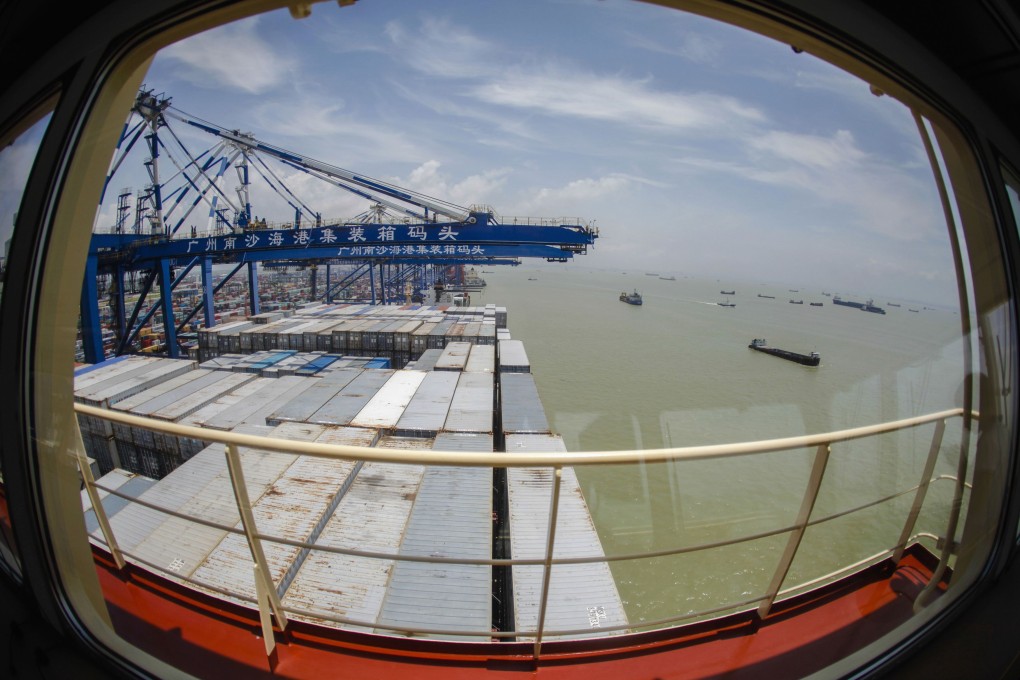Not-so-great expectations for growth as global trade remains lacklustre
Louis Kuijs and Tiffany Qiu say slowing imports in emerging economies have dashed hopes of a decent recover

At the start of the year, most forecasters and observers – including ourselves – expected global trade growth to strengthen in 2014, building on the recovery that began last year.
Yet, instead, trade momentum has lost steam recently. Demand seems to have turned more fragile, with reports that export prospects are subdued and uncertain. This is holding back investment and growth in export-dependent countries, which has spillover effects on other economies.
A pattern is emerging. Since the 2008 global financial crisis, forecasters have several times predicted a decent recovery of growth of global economic activity and trade, before having to scale back expectations. This year seems no exception.
These developments challenge the outlook for export-oriented Asian economies. We have lowered our growth forecasts for China, South Korea and Hong Kong and believe economic growth in many Asian countries may disappoint in the coming months because of the weaker-than-expected trade developments.
Since the global financial crisis, overall economic growth has been modest and, in a break with the past, trade growth has hardly exceeded economic growth.
Several reasons help explain this. Many recession-hit developed markets adopted belt-tightening and deleveraging measures after the financial crisis, while several embarked on deliberate strategies to rely less on domestic spending – including on imports – and induce more export growth instead.
More recently, China’s economy has slowed, with import-sensitive components, such as real estate and corporate investment, particularly weak. The ensuing lower demand for commodities has reduced growth of incomes – and thus imports – in many commodity-exporting economies, notably in emerging markets.